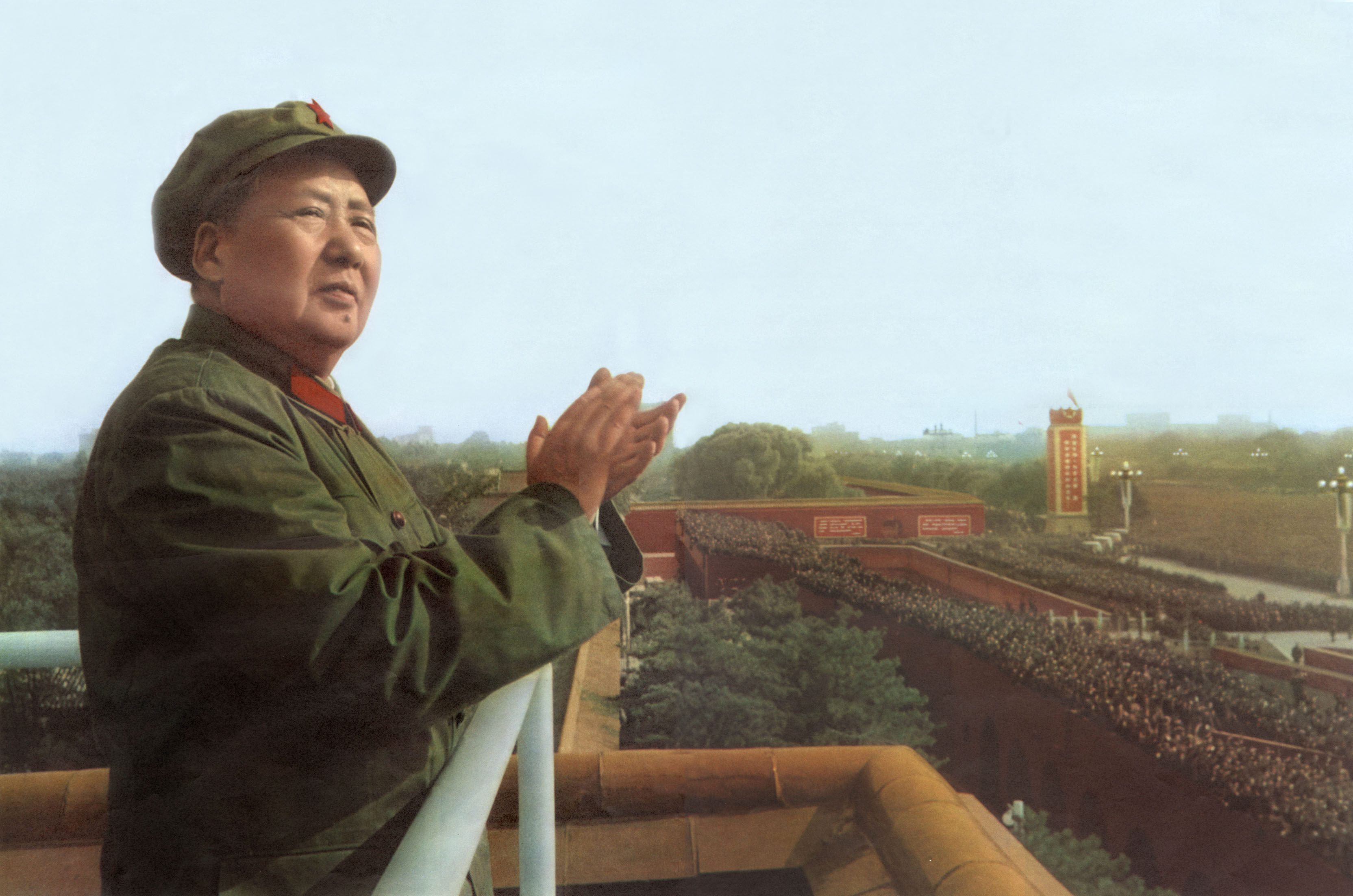
- Need a break from the usual holiday headaches? Then check out our alternative 12 days of Christmas, a historical hodgepodge of feats, fails and foul plays
It’s a familiar complaint. The real meaning of Christmas has been lost in an annual frenzy of consumerism and overconsumption. But move past the usual lamentations of “keeping Christ in Christmas”, think of a period far longer than any Boxing Day mania and see the 12 days of Christmas through a broader lens.
Here, with a bit of creative licence, we cherry-pick our own dozen, starting on a cold Christmas Eve in the 10th century…
24th December
On the first day of Christmas my true love gave to me … the most ill-judged triple murder in history
In AD948, 16-year-old Liu Chengyu succeeded his father, Gaozu, aka Liu Zhiyuan, as emperor of China during the later Han period at the latter end of the Five Dynasties.
Where Gaozu was “Profoundly Literate, Sagaciously Martial, Resplendently Majestic”, according to Xiu Ouyang’s Historical Records of the Five Dynasties, his son preferred “frolicking with petty men” and ignoring the wise counsel of Empress Dowager Li.
Nothing illustrated the younger Liu’s naivety better than his unfortunate habit of murdering anyone he suspected of, essentially, anything he didn’t like.
On December 24, AD950, Liu executed three of his closest, most experienced advisers: Yang Bin, minister of personnel, Shi Hongzhao, chief director of the Imperial Guard and bodyguard, and finance commissioner Wang Zhang.
The 167-year-old French company that mastered selling China’s best teas
To say the triple killing backfired spectacularly is an understatement. Liu’s chief commander, Guo Wei, launched a rebellion that finished off the later Hans for good. Liu himself was killed on January 2, 951. Here ended one of the shortest and most unstable reigns in one of the shortest and most unstable periods of Imperial Chinese history.
In his translation of Xiu’s history, Richard L. Davis observes wryly that brief dynasties tended to be ruined not by megalomaniac founders but by mediocre second emperors.
25th December
On the second day of Christmas my true love gave to me … an even more disastrous murder story
The catastrophic purges attempted by Liu pale when compared with that of Byzantine Emperor Leo V.
On December 25, 820, the man formerly known as Leo the Armenian was deposed in Constantinople by his old friend Michael the Amorian. Just a day earlier, he had exposed a conspiracy, led by Michael, to usurp his throne.
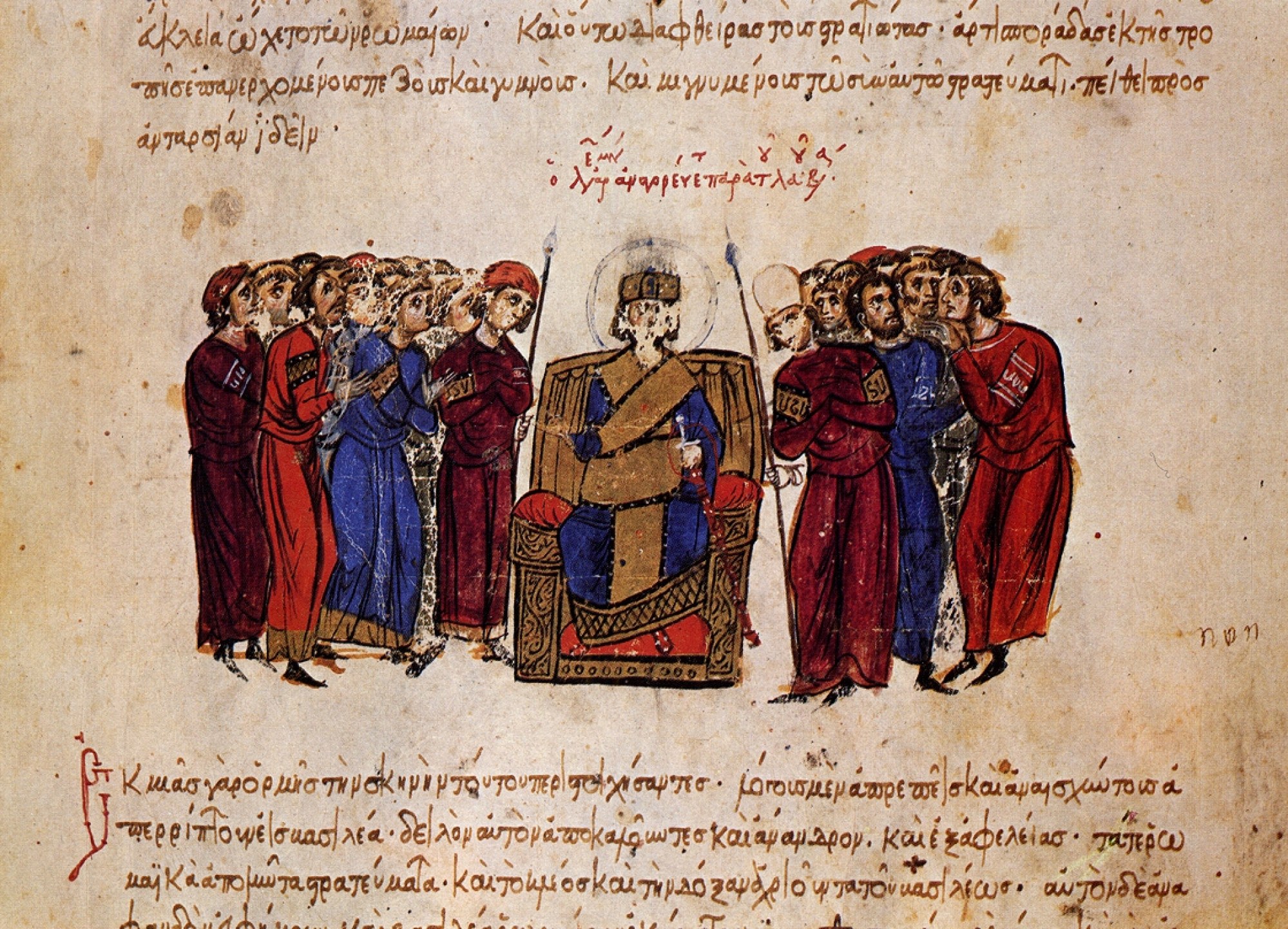
Leo devised a particularly gruesome and bizarre form of retribution: Michael would be tied to an ape and burned alive in the palace furnaces. Unfortunately for Leo, he also commuted the death sentence until after Christmas.
Perhaps he was moved by the season of goodwill; perhaps apes were in short supply. Whatever the reason, the delay proved fatal, for while Michael the Amorian was under lock and key, his associates were not.
Disguising themselves in clerical robes, they infiltrated Christmas Day matins at the Hagia Sophia cathedral, which Leo was attending, by posing as members of the choir. The emperor was assassinated before the altar, lending a whole new meaning to the lines from Jingle Bells: “Oh what sport to ride and sing/ A sleighing song tonight.”
Michael the Amorian became Emperor Michael II. Nor was he the last ruler to be installed on Christmas Day. Having invaded England and put one in the eye of King Harold, William the Conqueror was crowned king on December 25, 1066.
26th December
On the third day of Christmas my true love gave to me … Chairman Mao Zedong’s birthday
The paramount leader’s birthday is something of a mixed blessing in modern China. For some, it is a cause for nationalist celebration, for others an outmoded embarrassment. For President Xi Jinping, it contrives to be a little of each.
Apparently, the big day was no easier for Mao himself. “When I was young, I was happy to celebrate my birthday,” he said before turning 65, in 1958, according to his personal physician, Li Zhisui.
“But now every birthday means I have aged a year, matured a year, and have one less year to live.” Perhaps he was fed up with receiving combined Christmas and birthday presents.
Chairman Mao’s historic swim – glorified in China but ridiculed by the rest of the world
Mao was blue enough to refuse an invitation to a birthday banquet hosted by Tao Zhu, chairman of Guangdong province, preferring to spend the night in bed, quite possibly with his nurse.
Members of his inner circle (Group One) were sent in his stead, largely to report back. Mao’s private merrymaking was not much merrier, not least when his wife, Jiang Qing, walked in to find him being nursed all night long.
The combination of political intrigue and romantic strife would prove characteristic. In 1959, Mao stayed home again, and again sent Group One out in his place, this time with a warning not to overindulge when so many “ordinary folk were suffering”.
It fell on deaf ears at a lavish event that left Li Zhisui miserable and newly conscious of his rock-and-a-hard-place predicament. Party hard on Mao’s birthday and feel ashamed; refuse to party and risk “bringing political trouble to yourself”.
In 1964, Mao did put in an appearance, celebrating his 71st birthday at the Great Hall of the People, although it’s likely the 40 guests wished he’d stayed home.
An initially festive mood turned sour when the Chairman rose and criticised “several erroneous concepts and judgments that appeared during the course of the Socialist Education campaign”. Fun.
By 1966, Mao had ditched Party and parties alike to stroll along the Gan River, in Jiangxi province, with “several female friends”. This time, a decision to unbutton his shirt landed him in hot water with Zhang Yufeng, his No 1 but far from only “female friend”.
27th December
On the fourth day of Christmas my true love gave to me … the Theory of Evolution
Christmas is also a season when epic journeys give birth to grand human narratives.
Given that the most obvious example is Mary and Joseph’s long procession to Bethlehem, which sowed the seeds of Christianity, it might seem more than a little ironic that one of its most profound challengers was also planted at this time of year in the shape of a marathon journey.
On December 27, 1831, Charles Darwin began the five-year voyage on board the HMS Beagle that would culminate in the Theory of Evolution. That Darwin was there in the first place was near to miraculous.
Anyone who could object to his becoming the expedition’s naturalist did object, from his father to the Beagle’s captain, Robert FitzRoy, who expressed “sudden horror of the chances of having somebody he should not like on board”.
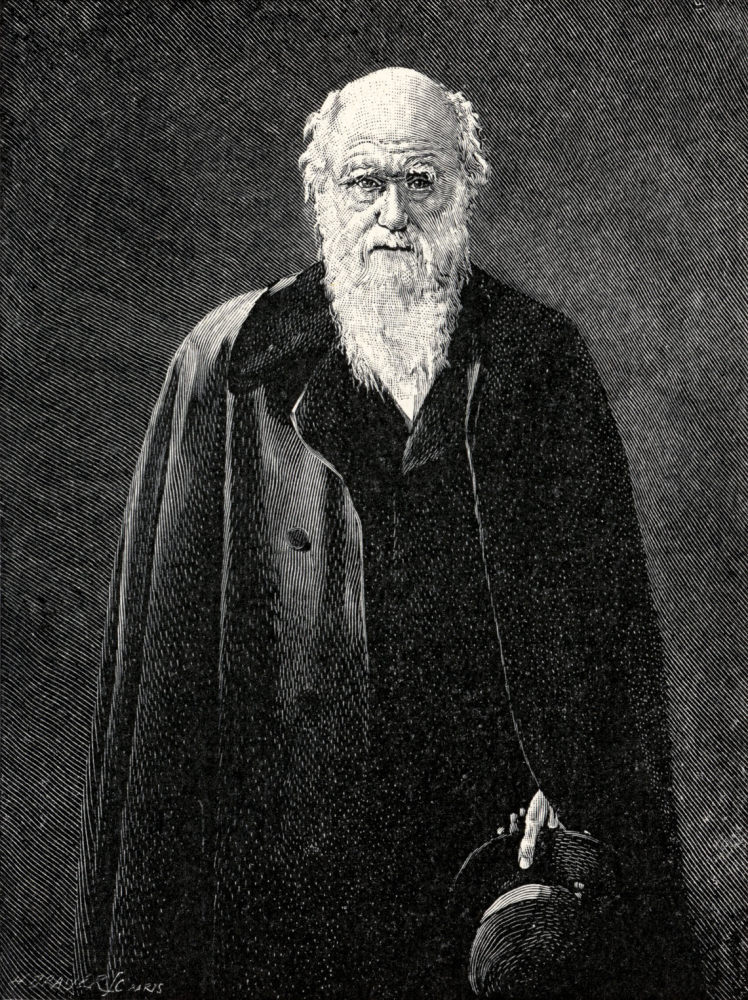
Darwin’s drawn-out interview process was echoed by the Beagle’s departure. Delays to fitting out the ship scuppered plans to leave in September.
The Beagle did set sail twice in December (10th and 21st), but was forced to return each time by adverse west winds.
A fourth try, in ideal conditions on Boxing Day, was postponed by Christmas hangovers: “at present there is not a sober man in the ship”, Darwin wrote in his diary on Christmas Day.
The “long wished for E[ast] wind” finally arrived on the 27th. After a “luncheon [of] mutton chops and champagne”, Darwin boarded the Beagle at 2pm. “Every sail filled by a light breeze we scudded away at the rate of 7 or 8 knots an hour.”
For once Darwin was spared seasickness and went to bed early. In his diary for that day, he records that he left England with a “total absence of sentiment”.
28th December
On the fifth day of Christmas my true love gave to me … dry cleaning
Whether you are partying hard or climbing up and down chimneys, Christmas is famously hard on the clothes. So praise be for dry cleaning, which may, or may not, have been invented on December 28, 1849.
Its origins are, with neat irony, pleasingly murky. Some have traced it all the way back to Roman times, when “fuller’s earth” was used to lift stains from cloth.
A more exacting argument can be made for the inventor Thomas Jennings, who on March 3, 1821, became the first African-American to hold a patent, for “dry scouring”.
Sadly, the details of this apparently successful process were lost in an 1836 fire at Washington’s Blodget’s Hotel, where more than 10,000 patents were in temporary storage.
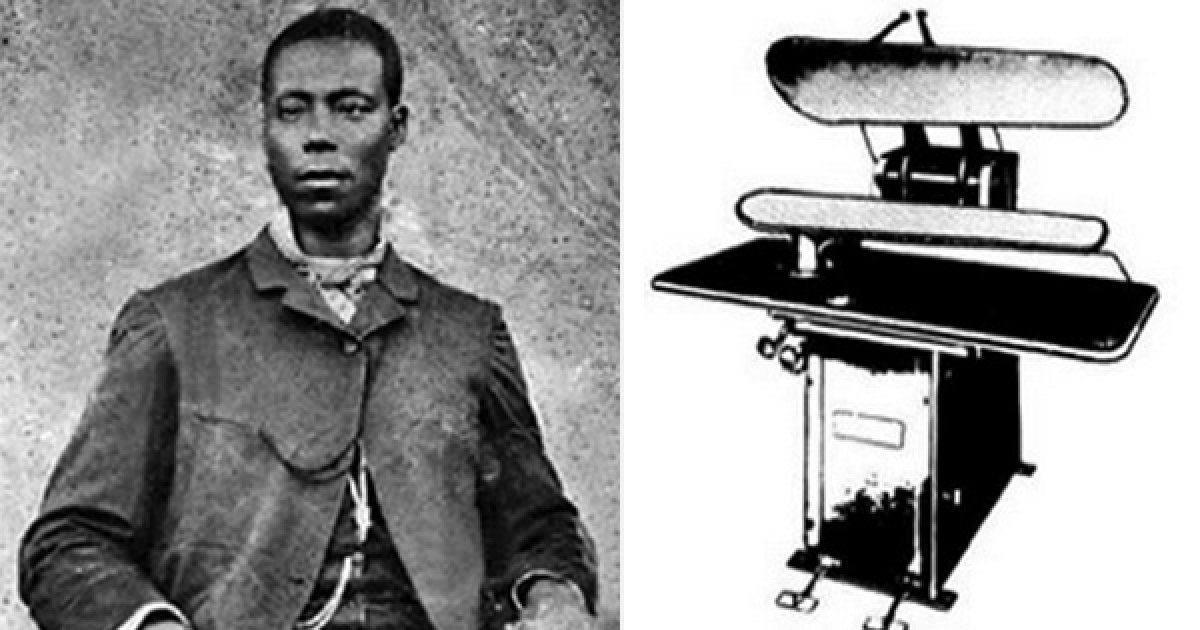
A third prime suspect is Jean-Baptiste Jolly, owner of a dye factory in Paris, who discovered his own dry-cleaning method by accident. Depending on which version of the story you prefer, either Jolly or one of his servants knocked over a lamp onto his clothing. Instead of making a mess, the oil and turpentine mixture cleaned them up.
Several years are proposed for this eureka moment: 1825, 1845, 1849 and 1850, but December 28 is supposedly the day the genie was let out of the lamp.
29th December
On the sixth day of Christmas my true love gave to me … celebrity monks (deceased)
December 29 is a day rich with political comings and goings. In 1911, Sun Yat-sen was elected provisional president of the Republic of China; in 1989, playwright Václav Havel became president of Czechoslovakia.
But it was in 1916 that the plot was hatched for the infamously drawn-out murder of Grigori Rasputin at the Yusupov Palace, in St Petersburg, Russia.
Ever since Rasputin had saved Prince Alexei, Tsar Nicholas II’s haemophiliac son, rumours had spread that the charismatic mystic was exerting a malign influence over the Tsarina Alexandra. No one was more convinced than Felix Yusupov, husband of Princes Irina, the tsar’s niece.
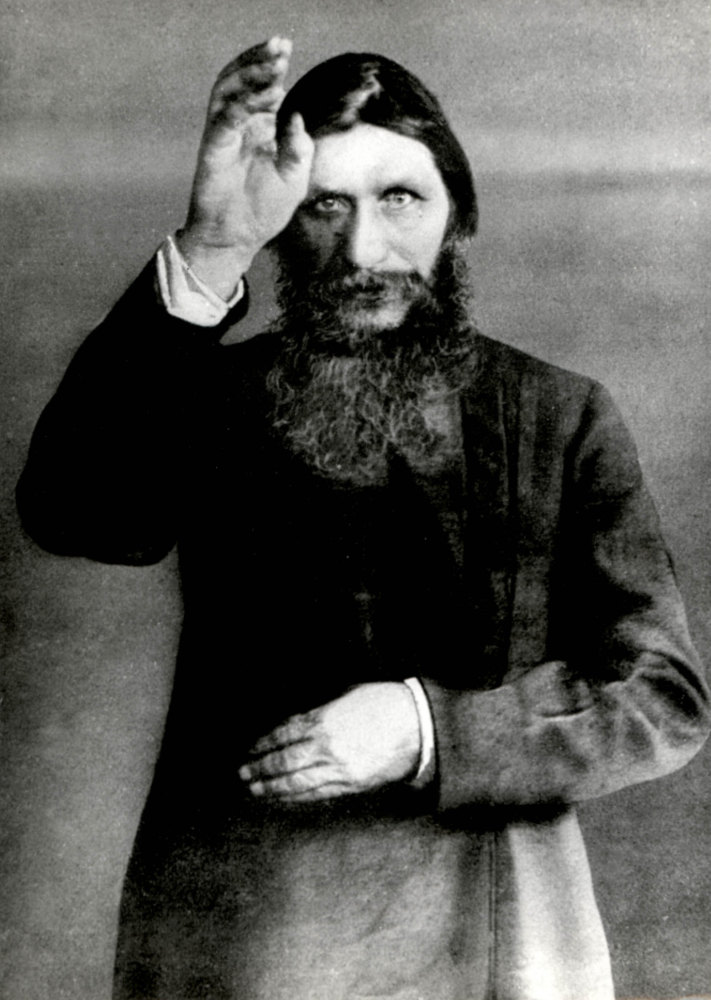
Heading a conspiracy of five like-minded nobles, Yusupov decided to murder the monk in the most dastardly fashion imaginable: by inviting him to a housewarming party.
By the time the monk finally arrived, the 29th had probably become the 30th. What happened then is the stuff of myth. The holy man ate cakes laced with cyanide, washing them down with similarly poisoned wine.
Frustrated when Rasputin seemed none the worse for wear, Yusupov shot him in the chest. This only gave Rasputin his second wind. He attacked Yusupov and then chased him outside, where a second shot, possibly fired by politician Vladimir Purishkevich, finally finished him off.
Leaving nothing to chance, the conspirators dumped Rasputin’s body into the freezing Malaya Nevka River, where it was found the next day.
Rasputin was not the first troublesome priest to die horribly on this day. In 1170, Thomas Becket, Archbishop of Canterbury to England’s King Henry II, was brutally murdered in Canterbury Cathedral by four knights, who believed they were answering the king’s infamous question: “Will no one rid me of this troublesome priest?”
Becket remained troublesome to the end, mocking his assailants and defending himself vigorously. No amount of resistance, however, could deflect a sword blow to his head. Venerated first as a martyr and later as a saint, Becket remained a thorn in Henry’s side even in death. In 1174, a guilt-ridden king did public penance beside Becket’s tomb.
30th December
On the seventh day of Christmas my true love gave to me … Christmas shows
For many, Christmas wouldn’t be Christmas without a visit to the theatre. Pantomimes are a staple of the festive season in Britain and many of its former colonies (Hong Kong is no exception), while the annual performance of The Nutcracker across the world has ensured it is one of the most successful ballets in history.
All manner of famous shows opened during Christmas. The curtain went up on Peter Pan in London on December 27, 1904. Les Misérables debuted in Washington on the same day in 1986.
Gilbert and Sullivan’s The Pirates of Penzance swung into life on New Year’s Eve 1879. The rapturous opening of Kiss Me, Kate, on December 30, 1948, returned Cole Porter to the summit of Broadway celebrity.
Why Hong Kong Ballet’s Nutcracker production is a love letter to the city
Arguably the most extraordinary showbiz debut of all occurred at the humbler New Grand theatre, in Grand Rapids, Minnesota, in the United States. Among the acts announced for the 1924 Christmas season were Virginia and Mary Jane Gumm (seven and nine, respectively), who would be joined by their two-year-old sister, Baby Frances.
At 9pm, on December 26, Baby Frances joined in on When My Sugar Walks Down the Street, then stole the show with a solo rendition of Jingle Bells, complete with sound effects. When the audience went wild, Frances sang Jingle Bells again. And again. And again, until her grandmother Eva hauled her offstage, to rapturous applause.
Twenty years later, Baby Frances, better known later as Judy Garland, gave one of the great Christmas performances, breaking hearts by singing Have Yourself a Merry Little Christmas in the musical film Meet Me in St Louis.
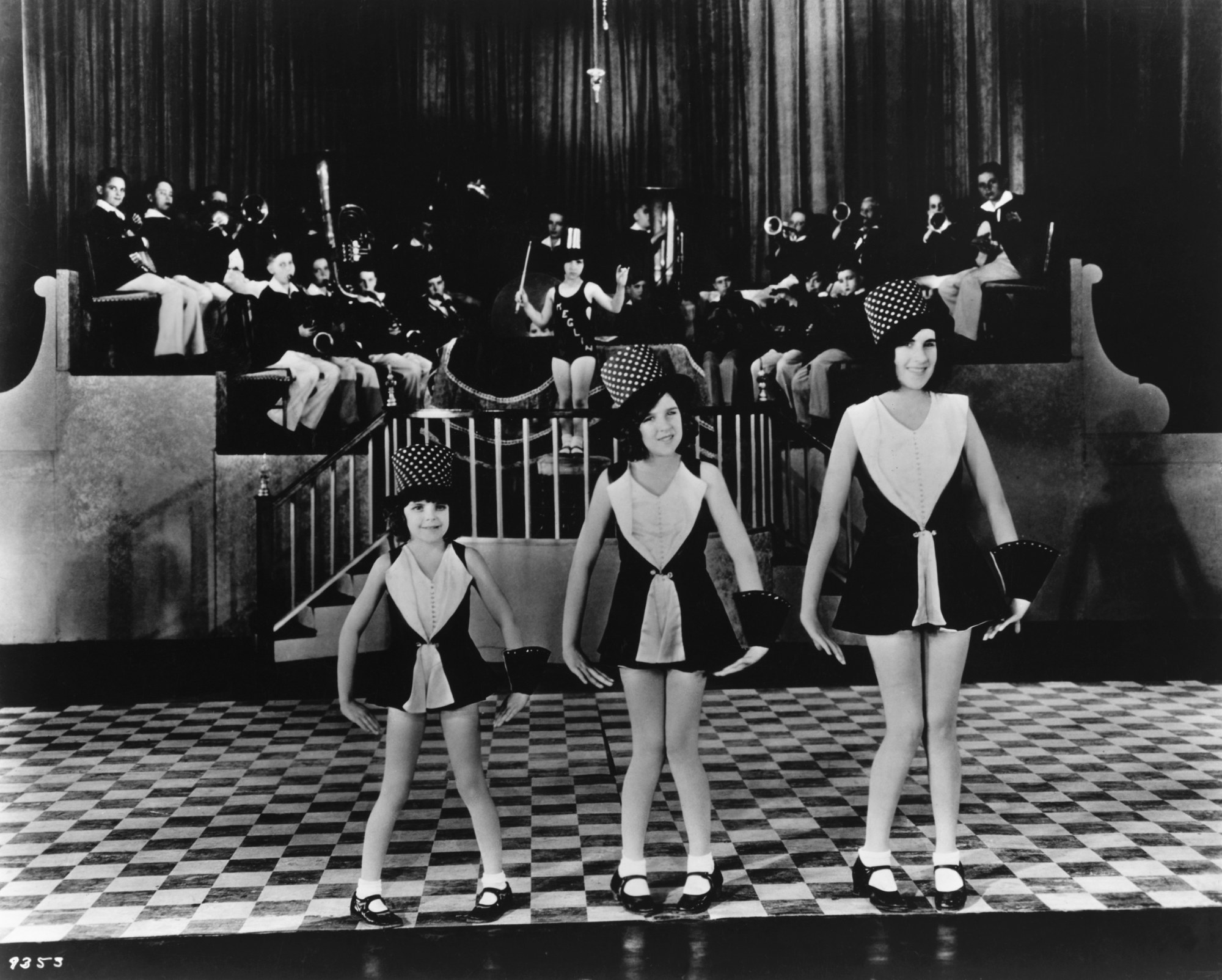
31st December
On the eighth day of Christmas my true love gave to me … the wobbling Earth
Whether Jesus, Mao or evolution is your bag, Christmas is a world-changing time. So it is really saying something to suggest that James Bradley’s New Year’s Eve announcement in 1729 puts all of these in the shade.
In a letter to the Royal Society written that day, Bradley summarised the 20-year process of star-watching that had enabled him to deduce that the Earth’s orbit wobbles – or nutates, to use the technical term.
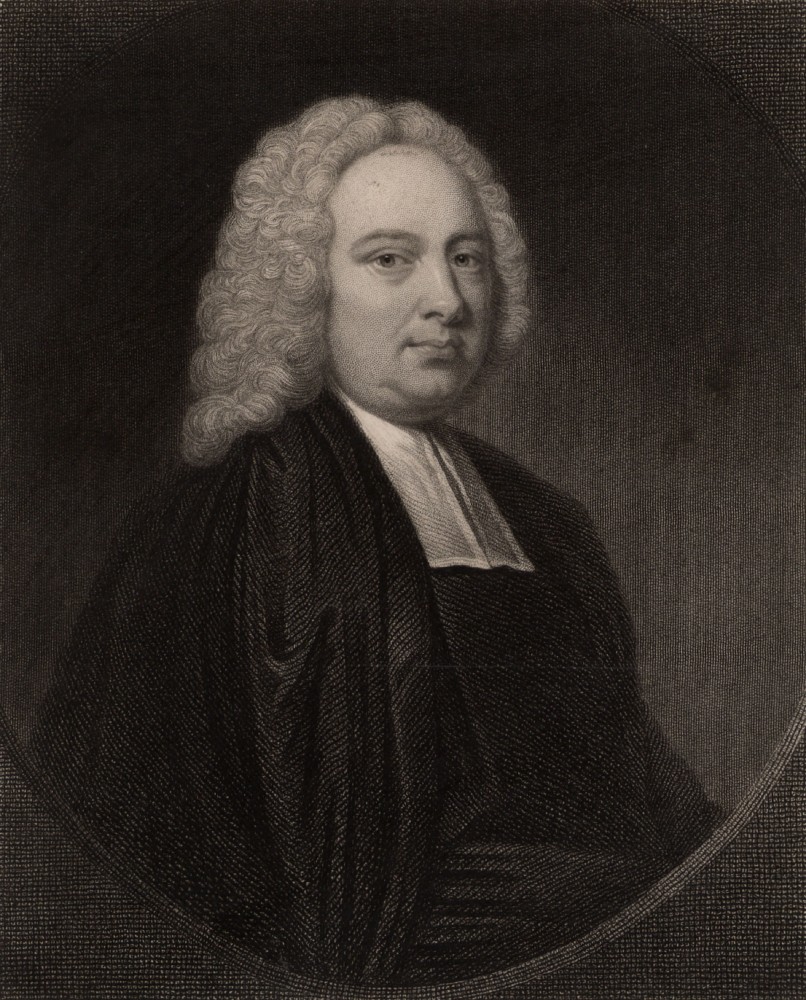
This revelation emerged from earlier mind-boggling research that explained why certain stars didn’t move as expected. Bradley’s answer took into account the speed at which light travels and the movement of the ground beneath his feet.
Despite this revelation, known today as “the aberration of light”, some stars remained stubbornly irregular. Bradley also deduced that the Earth’s orbit was not perfectly round, but slightly elliptical. Better not mention this to the three wise men.
1st January
On the ninth day of Christmas my true love gave to me … it’s alive! It’s alive!
Back in England, the horror was all literary. New Year’s Day witnessed the publication of Frankenstein; or the Modern Prometheus. At the time, next to nothing was known about its author as the name Mary Shelley, who was then just 20 years old, was not printed anywhere on the three volumes.
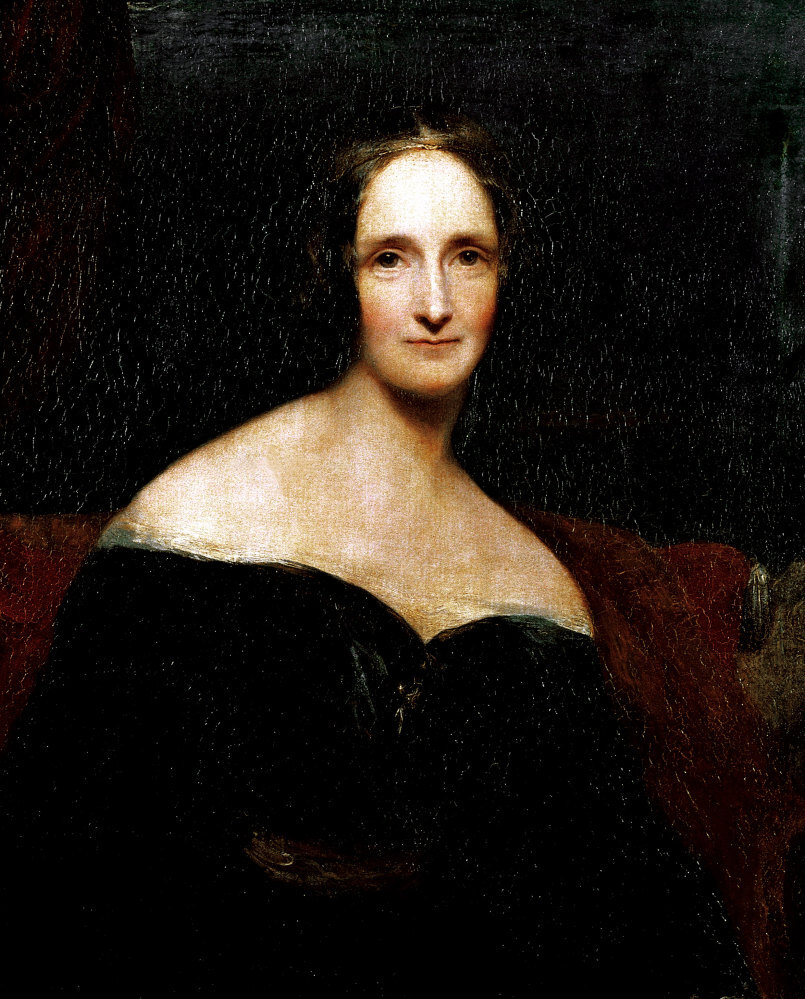
There were clues for the irresistibly curious: the inclusion of a poem by Mary’s husband, Percy Bysshe Shelley, and a dedication to her father, the radical writer William Godwin. In all likelihood, these names provoked early reviewers to trash the book.
The reader will be left to “struggle between laughter and loathing, in doubt whether the head or the heart of the author be more diseased”, spat The Quarterly Review.
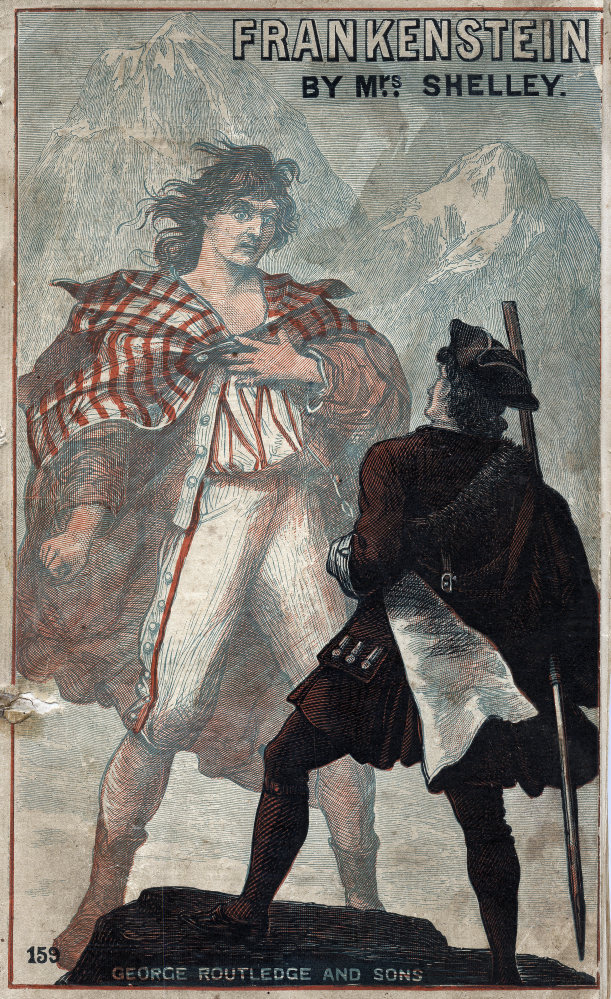
Thanks in no small part to endless adaptations and imitations, the book’s first edition (printed by London publishing house Lackington, Hughes, Harding, Mavor, & Jones) has become valuable in ways no one could have foreseen two centuries ago.
In September this year, a copy in unusually fine condition went on sale at Christie’s. The pre-auction estimate was US$200,000 to US$300,000. The winning bid was an astonishing US$1.17 million.
2nd January
On the 10th day of Christmas my true love gave to me … three wickets in three balls
Sport has become another staple of the Christmas holidays, and one historic fixture is cricket’s Boxing Day test match in Melbourne, Australia. Today, the fixture attracts in the region of 100,000 spectators, but back in 1879, the Melbourne test began on January 1, and was only the third international match ever.
History was made on day two, when Australian Fred Spofforth, also known as The Demon Bowler, took international cricket’s first hat-trick – three wickets in three consecutive deliveries – by clean bowling England’s Reverend Vernon Royle and Francis MacKinnon, and having Tom Emmet caught by Tom Horan. Spofforth took 13 wickets in all and ended on the winning side.
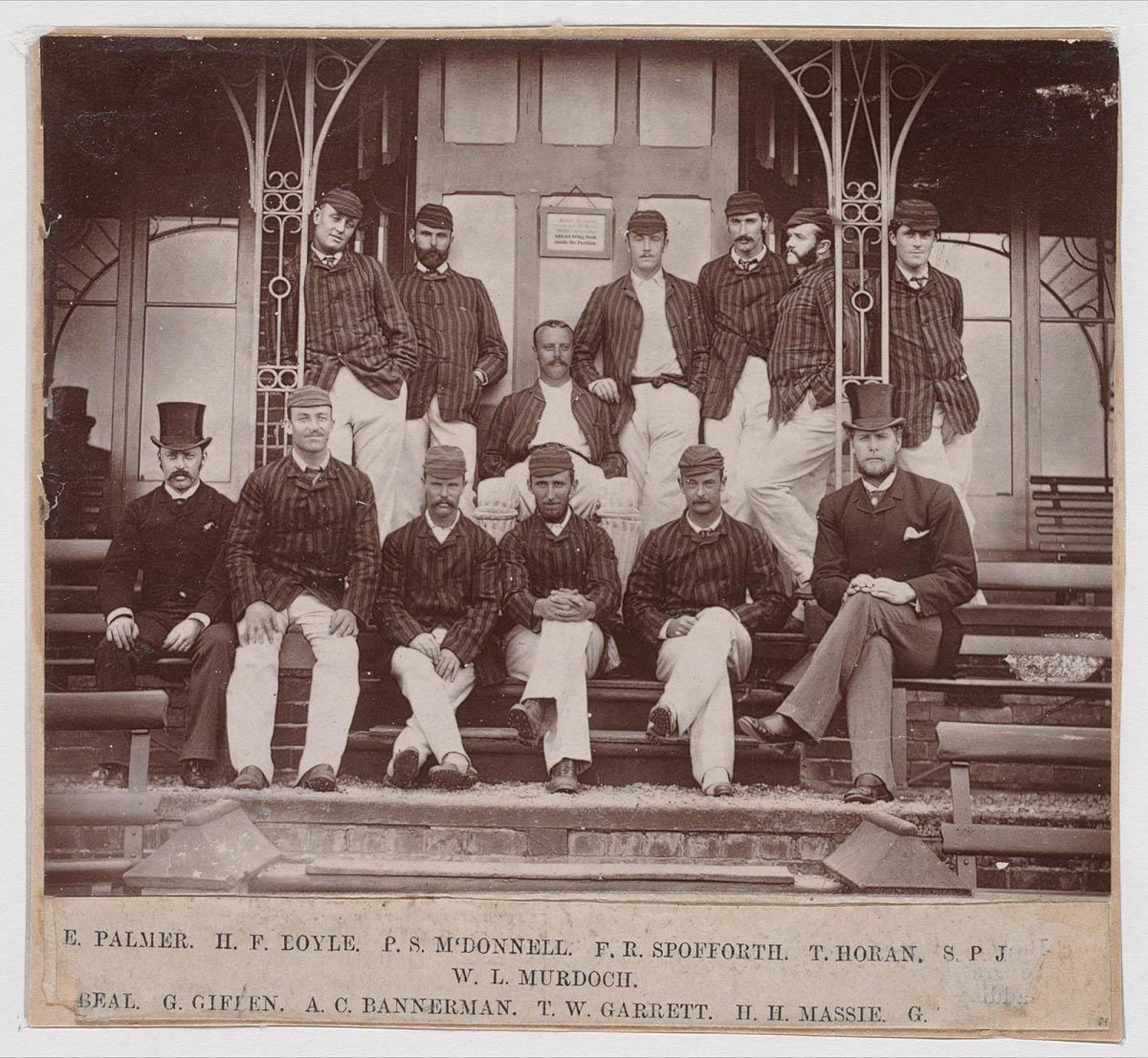
Forty-five further Test hat-tricks have been recorded since Spofforth’s first – the most recently by South Africa spinner Keshav Maharaj against West Indies in June of this year.
3rd January
On the 11th day of Christmas my true love gave to me … an excommunication (possibly)
In 1521, Pope Leo X’s belated Christmas present to German professor and author Martin Luther was excommunication from the Roman Catholic Church. On January 3, he published the Decet Romanum Pontificem, a papal bull declaring Luther a heretic.
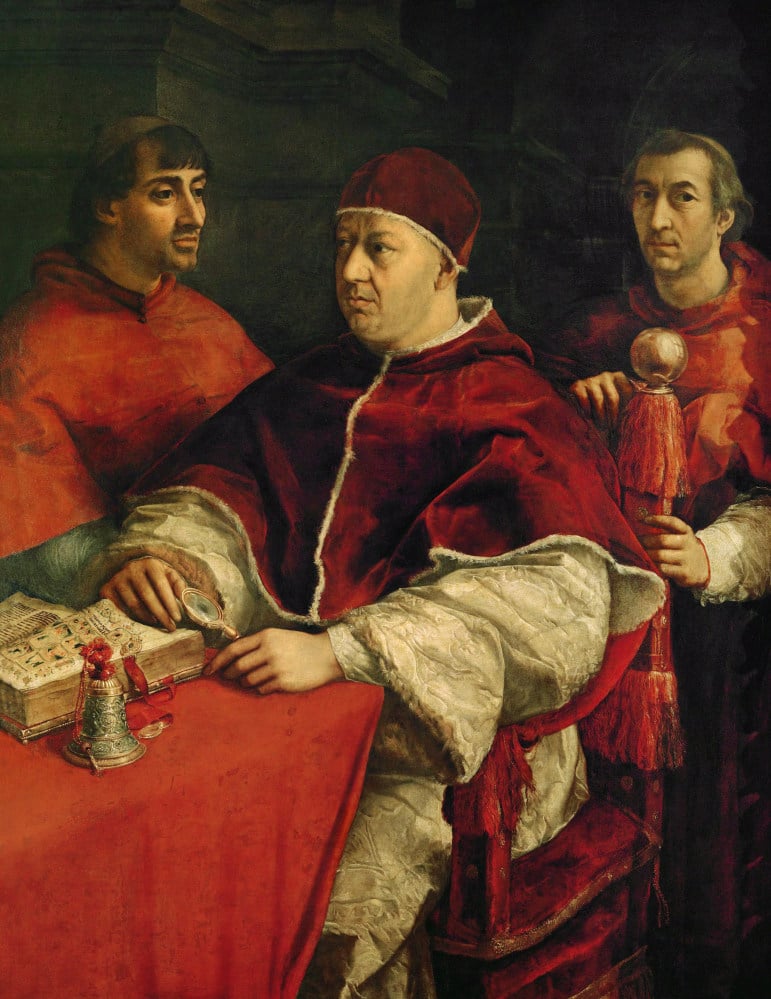
Luther couldn’t say he wasn’t warned. In June 1520, Leo had issued Exsurge Domine, which gave Luther 60 days to recant his Ninety-Five Theses (which questioned the Pope’s wealth more than his doctrines) – or else.
More enraged than cowed, Luther burned his copy of Exsurge Domine at the Elster Gate in Wittenberg, before starting a bonfire piled high with pontifical laws.
The inevitable excommunication actually pre-dated most of Luther’s radical theological innovations, such as justification by faith alone, and reflected his rising influence (or “contagious disease”) across Germany.
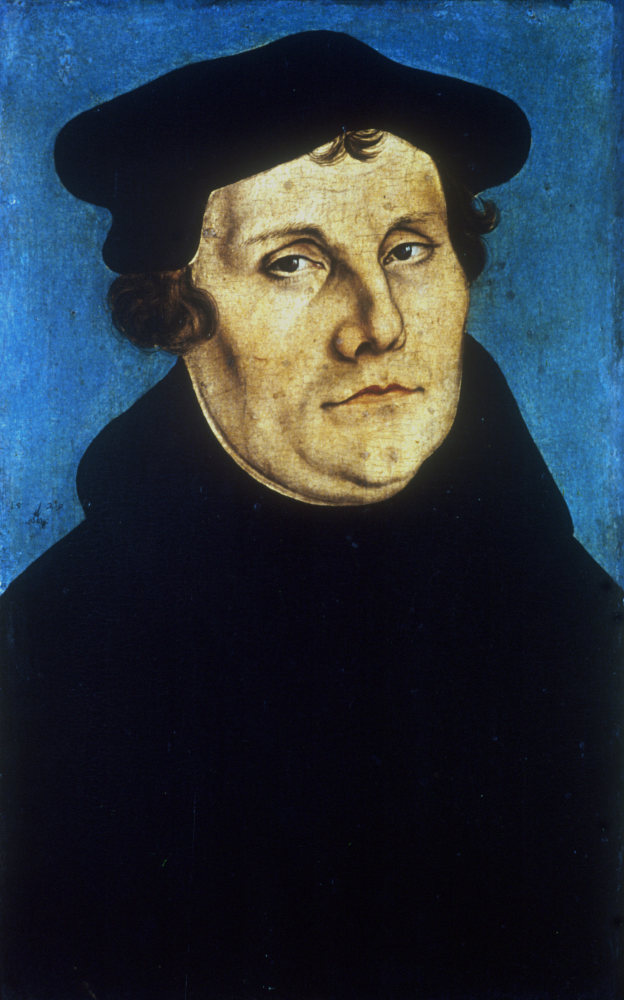
At least Pope Leo was clear in his threats, which is more than can be said for his distant successor Pope John XXIII. It has long been assumed that Pope John excommunicated Cuban leader Fidel Castro, also on January 3, in 1962.
The oft-quoted rationale was an earlier decree, issued in 1949 by Pope Pius XII, prohibiting Catholics from becoming communists. As Castro was indeed raised a Jesuit, he would seem to have qualified. Except that Pope Pius would later deny ordering any such excommunication.

The source of the confusion has been traced to one Dina Staffa, later a cardinal, but in 1962 a relatively lowly scholar. According to The Catholic News, Staffa told Vatican journalists that Castro should indeed be excommunicated, not because of the 1949 decree but because of violence against bishops.
More significantly, Staffa was not speaking in any official capacity, but merely offering a legal opinion. Which just goes to show that even papal bulls can be a lot of bull.
4th January
On the 12th day of Christmas my true love gave to me … the end of The Beatles
On January 4, 1970, The Beatles, or at least three-quarters of them, recorded together for the last time (not counting their unsatisfying 1995 reunion).
Paul McCartney, George Harrison and Ringo Starr convened at Abbey Road to put finishing touches on I, Me, Mine and Let It Be. As John Lennon’s absence hints, relationships within the group were at an all-time-low, thanks to a combination of long-festering personal and musical differences, and arguments over money and the ever-misunderstood scapegoat, Yoko Ono.
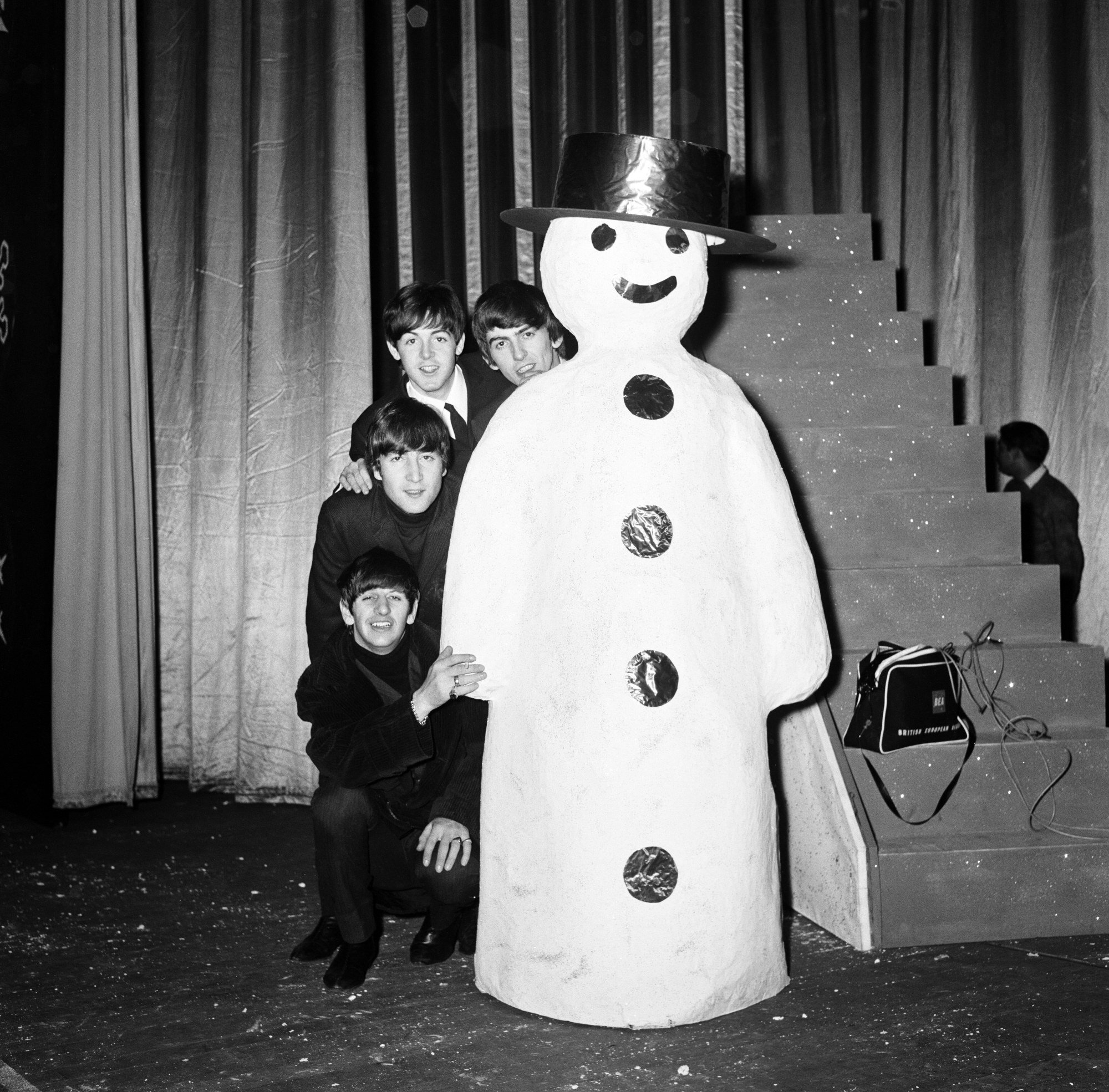
Previously, The Beatles had always enjoyed the festive season. Their annual Christmas record was a staple of Beatlemania from 1963 to 1969.
Initially intended as an efficient and entertaining way to reply to the thousands of letters arriving each day from “loyal Beatle people”, these fan-club-only flexi discs presented the Fab Four singing carols, seasonal standards such as Rudolph the Red-Nosed Reindeer and other lighthearted musical interludes mingled with John, Paul, George and Ringo cracking jokes and putting on silly voices.
As the boys became more independent, the bright, but carefully scripted early efforts gave way to looser, more ambitious productions, featuring sound effects, sketches and, in 1967, a near-concept album that echoed the recently completed Sgt Pepper’s Lonely Hearts Club Band: The Beatles portrayed several acts auditioning for a fictitious radio show.
The arc extends all the way to the group’s break-up in 1970 when, instead of the usual flexi disc, fans received a hastily recorded anthology of the previous seven.

The writing had been on the wall since 1968, when for the first time The Beatles recorded their Christmas messages separately. The impression that the Fab Four were disintegrating into less fab Ones deepened when this solo process was repeated the next year.
The official break-up was requested by McCartney on December 31, 1970. In keeping with The Beatles’ “slow death”, as Lennon put it, the dissolution required four more years of tortuous argument before it was finally ratified on December 29, 1974. By then, none of The Beatles were simply having a wonderful Christmas time.


